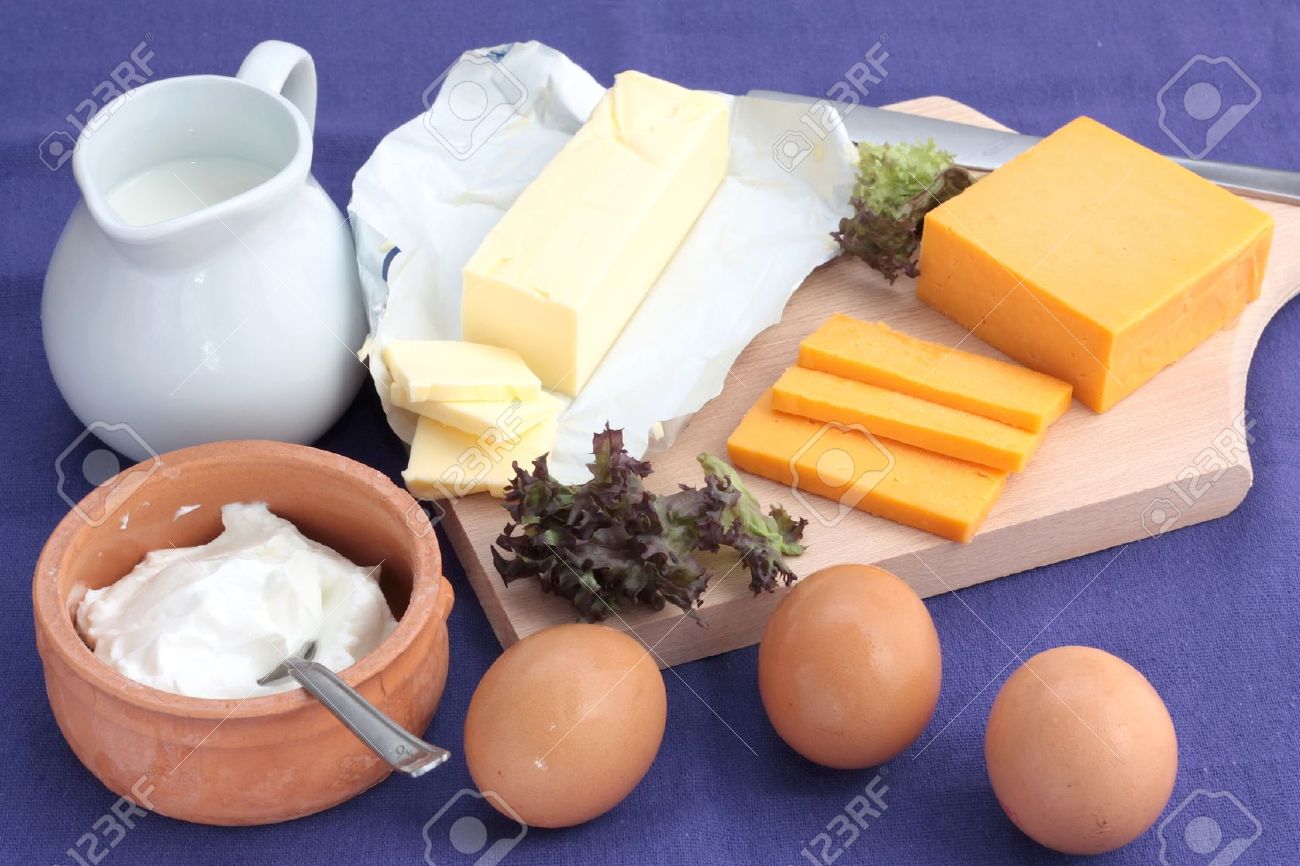- FG Warns of Beef, Dairy Products Scarcity
The federal government has raised the alarm on the rising demand for beef in the country, vis-a-vis its availability, saying the gap could lead to the scarcity of beef and dairy products in the country.
The outlook was given by the Minister of Agriculture and Rural Development, Chief Audu Ogbeh, at a meeting with members of the Governing Councils of the three Federal Universities of Agriculture in Abeokuta, Makurdi and Umudike.
Ogbeh said the country was consuming more cows per day than it was actually breeding, warning that if the disparity was not controlled, it would not be long before the country runs out of beef supply.
Lagos State, according to him, has the largest consumption share of 6,000 cows per day.
He added that the daily demand for cow meat was equally high in the FCT and five other states including, Rivers, Abia, Imo, Oyo, and Kano.
“We are consuming more cows than we are calving. Lagos State alone consumes 6,000 cows per day. Add the figure from Rivers, Abia, Imo, Oyo, Kano States and FCT, it might not be long before we run out of beef,” Ogbeh said.
He described the local cattle breed as about the least in the world, adding on the average Nigerian cows produce less than a litre of milk per day.
According to World Health Organisation (WHO) estimates, Nigeria needs about 1.5 billion litres of milk annually.
Ogbeh said due to the gap, government was spending billions to import powdered and reconstituted milk of low quality without any effect as 37 per cent of Nigerian children are malnourished.
He appealed to the university community to rise up to the challenges by teaching people artificial insemination, saying their prompt response is key towards resolving the crises.
The minister explained that Nigeria cattle produce low dairy yields daily arising from undernourishment and the grazing system for pasture.
“In East Africa, they achieve 15 litres, some 20 litres. In Europe, they achieve 50 litres. The secrets are breeds and nutrition. Here, the roaming cows look lean, with poor meat quality. Cows are not meant to march around. They are not horses,’’ he said.
The minister also enjoined the agriculture universities to be more innovative and enterprising by making it mandatory for every undergraduate to own a farm from 200 level to graduation while examinations should dwell 60 per cent on the success on the farm and 40 per cent on academic work.

 Forex3 weeks ago
Forex3 weeks ago


 Naira2 weeks ago
Naira2 weeks ago
 Billionaire Watch2 weeks ago
Billionaire Watch2 weeks ago




 Naira2 weeks ago
Naira2 weeks ago




 Naira2 weeks ago
Naira2 weeks ago




 Naira1 week ago
Naira1 week ago




 Naira3 weeks ago
Naira3 weeks ago




 Naira4 weeks ago
Naira4 weeks ago






















